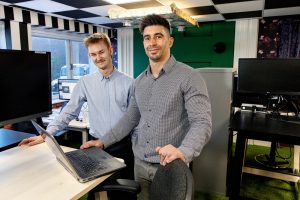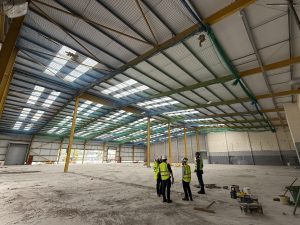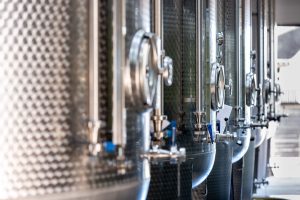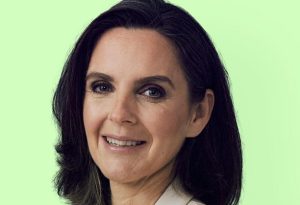Research firm finds way of tapping into the Moon’s icy soil to produce clean water
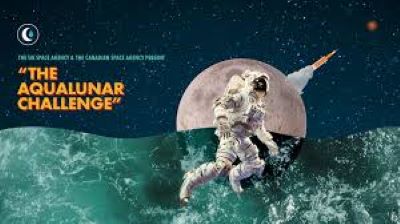
Inventing a way of producing clean water on the Moon has earned a small South West technical consultancy with a £150,000 scientific prize.
Tetbury-based Naicker Scientific’s device could be used to make drinking water from icy lunar soil after securing the funding from the UK Space Agency’s competition.
Called the SonoChem system, it features a hopper-like container that continually moves the soil before it is heated in a microwave oven, where the water and other matter vaporises from the soil.
Because the pressure on the Moon is so low, the water cannot liquefy. So the gases are frozen under pressure and bombarded with ultrasound to create millions of micro-bubbles in the contaminated liquid.
When these bubbles burst under pressure, the contaminants in the water evaporate, leaving clean water behind.
As Naicker Scientific, which was launched in 2021 to support hardware technology start-ups with research and proof-of-concept prototypes, did not have any Moon soil for its experiments, it used a homemade alternative made mainly from building sand.
Naicker Scientific technical director Lolan Naicker said the firm was surprised to learn it had won the competition
“We were up against professors, larger teams, teams with access to the full might of UK university resources,” he said.
The £1.2m Aqualunar Challenge, funded by the UK Space Agency’s international bilateral fund and split between Canadian-led and UK-led teams, is designed to encourage innovative solutions to the problem of producing drinking water from ice-rich rocks and dust around the Moon’s south pole.
As lunar temperatures can fall to minus-173C, with low gravity and the pressure is so low that the Moon can be considered as being under vacuum conditions.
“NASA has set the goal of establishing a permanent crewed base on the moon by the end of the decade,” said Meganne Christian, a reserve astronaut and commercial exploration lead at the UK Space Agency who is also the chair of the Aqualunar Challenge judging panel.
“Astronauts will need a reliable supply of water for drinking and growing food, as well as oxygen for air and hydrogen for fuel.”
Naicker Scientific describes its development projects as ranging from kitchen appliances to rocket engines and Lolan Naicker said he has also been working on how to use the water to produce propellant for rocket engines.
He hopes to use the prize money to expand the business and is advertising for two graduates to help commercialise its work.
“I’ve managed to enter into collaborations with two companies who are interested in a derivative of the lunar technology: in one case, a small, compact, portable water device, and in another case, an effluent treatment device,” he said, adding the team found ultrasound can be used to remove a host of contaminants from water including pharmaceutical products and pesticides.


